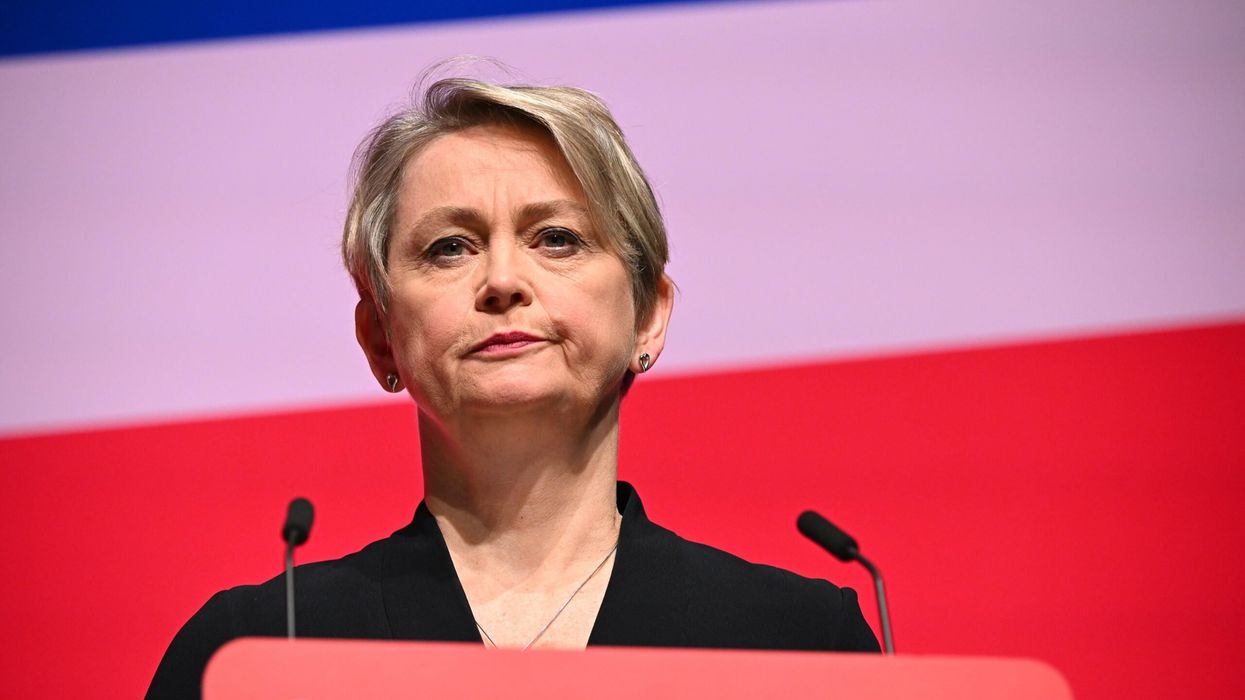DOMESTIC abuse specialists will be placed in 999 control rooms across five police forces in a new pilot scheme aimed at improving support for victims.
The initiative, called "Raneem's Law," follows the 2018 murders of Raneem Oudeh, 22, and her mother, Khaola Saleem, by Oudeh's ex-partner, Janbaz Tarin.
The move was announced by home secretary Yvette Cooper as part of efforts to reform police responses to domestic abuse, BBC reported.
Specialists from women’s aid charities will be embedded in control rooms for the West Midlands, Northumbria, Northamptonshire, Bedfordshire, and Humberside police forces.
The government has allocated £2.2 million to fund the initial phase of the scheme in the next financial year.
In 2024, Cooper, then shadow home secretary, proposed the initiative after an inquest found that failures by West Midlands Police "materially contributed" to the deaths of Oudeh and Saleem.
Oudeh had called the police four times on the night of the attack, and the force had previously attended 10 domestic abuse incidents involving Tarin. Five officers were later disciplined, reported BBC.
The specialists will review domestic abuse calls, advise responding officers, train control room staff, and refer victims to support services.
Nour Norris, Oudeh’s aunt and lead campaigner, said: "This is not just about saving lives, it is also about ensuring that victims who survive have the chance to truly live, free from fear and harm."
Cooper said the scheme aims to "change the future for others, where we couldn't for Raneem," as part of efforts to reduce violence against women and girls.
Minister for safeguarding Jess Phillips said Raneem's case highlighted the "devastating cost of missed opportunities."
The pilot is expected to pave the way for a national rollout across all 43 police forces in England and Wales.





